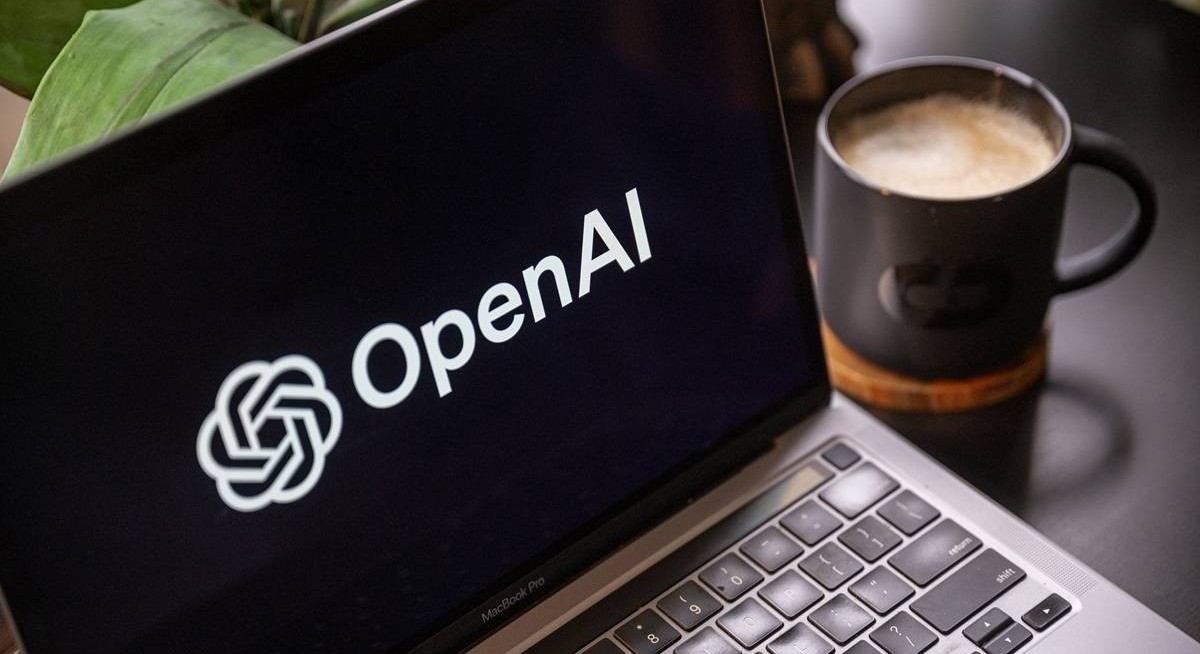(Oct 22): OpenAI unveiled its first artificial intelligence (AI)-powered web browser, putting the ChatGPT maker in competition on a new front with Alphabet Inc’s Google.
The browser, called ChatGPT Atlas, is designed to be a more personalised web experience and also field tasks such as booking flights and editing documents on a user’s behalf. Each time a user visits a website within the browser, they will see an “Ask ChatGPT” that pulls up a sidebar to engage with what’s on the page. The user might, say, open up a movie review, then ask ChatGPT to summarise it, or find a recipe and ask ChatGPT to help order the ingredients for it online.
“This is an AI-powered web browser built around ChatGPT,” OpenAI chief executive officer Sam Altman said during a live-streamed event on Tuesday. He said AI “represents a rare, once-a-decade opportunity” to rethink the browser.
Atlas will be available globally on macOS to start, the company said, with plans to expand to Windows, iOS and Android “soon”. More advanced AI agent features will only be available to paid ChatGPT Plus and Pro users for now.
OpenAI joins a growing number of companies that are using AI to reimagine the web browser, a product that dates back to the 1990s. Perplexity AI Inc recently rolled out Comet, an AI browser that’s designed to act as a digital assistant, automating tasks for users. Opera and The Browser Company are also both integrating more AI features into their browsers.
Google’s shares declined as much as 4.8% on the news on Tuesday.
See also: AI and autonomous supply chains leading Singapore’s manufacturing future
In September, Google incorporated its Gemini AI model into the Chrome browser. Among other tasks, Google’s AI can respond to requests to provide explanations of the web pages visited, condense information across multiple tabs and even bring back some of the websites previously closed.
Google’s move came two weeks after a US judge ruled against a government proposal that would have forced the company to sell off Chrome. In a court hearing, executives from Perplexity and OpenAI said they would have been interested in buying Chrome if Google had been required to divest it.




